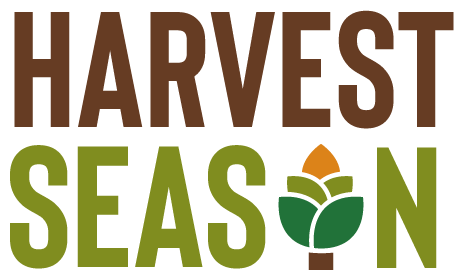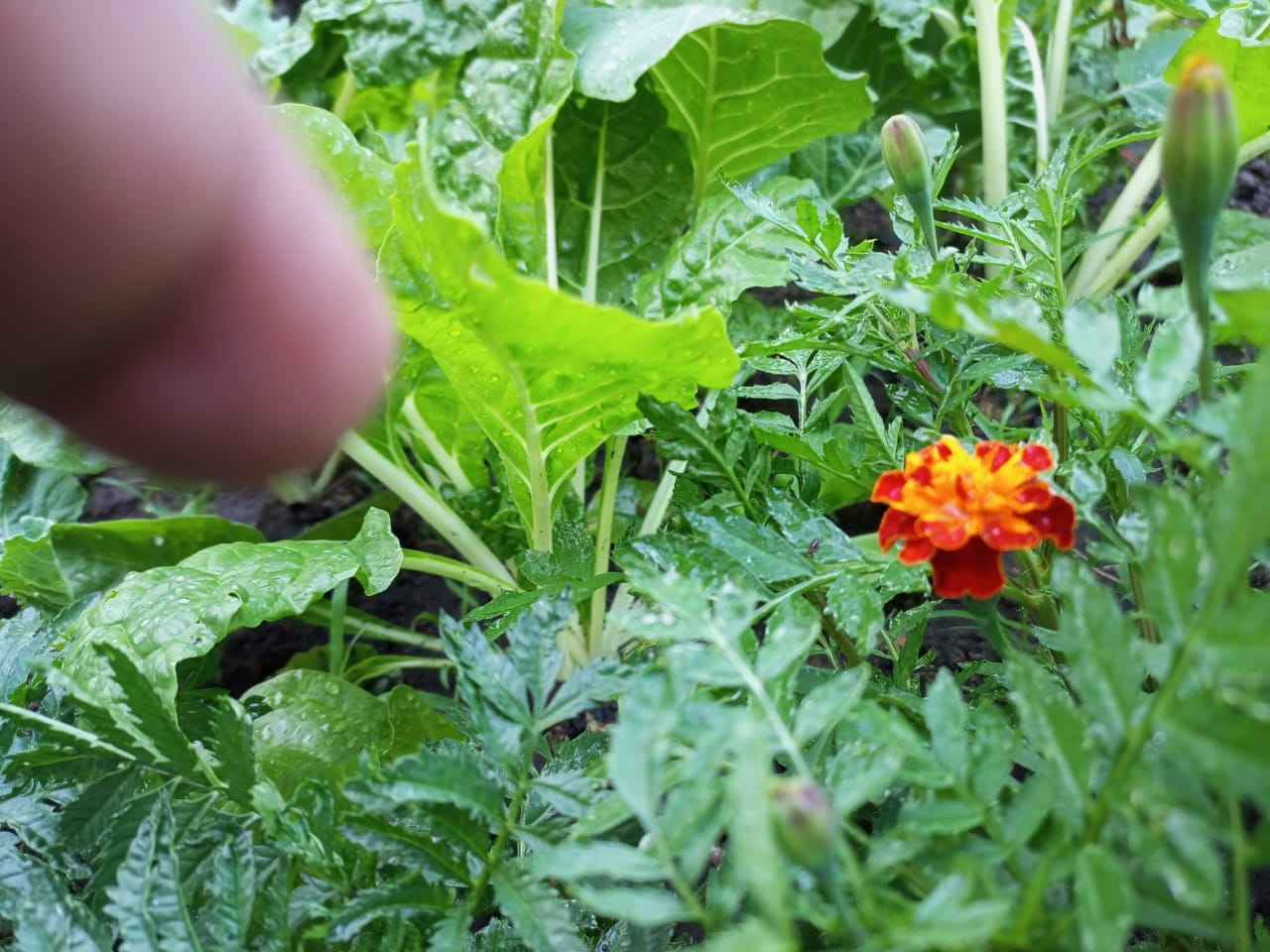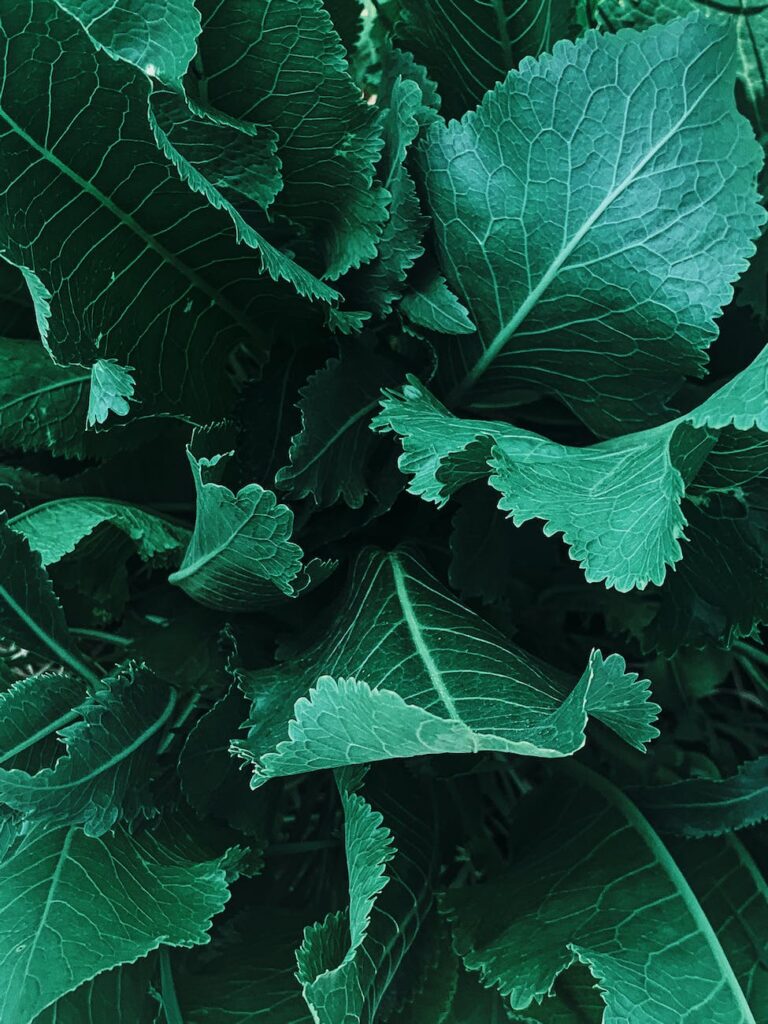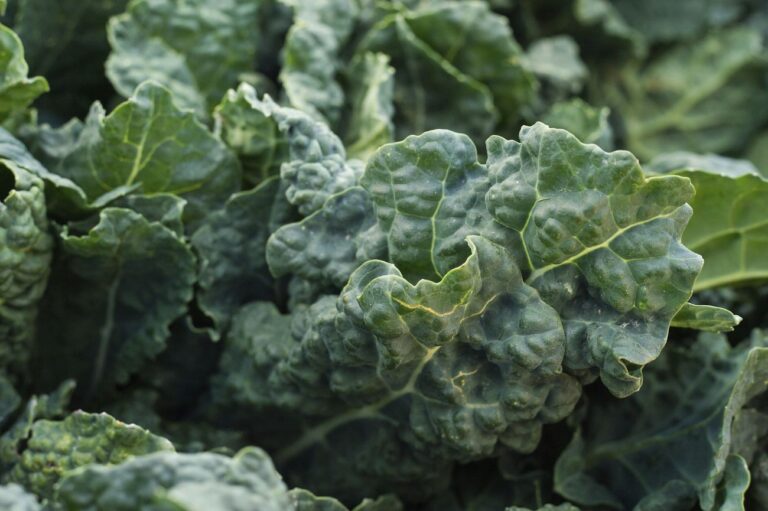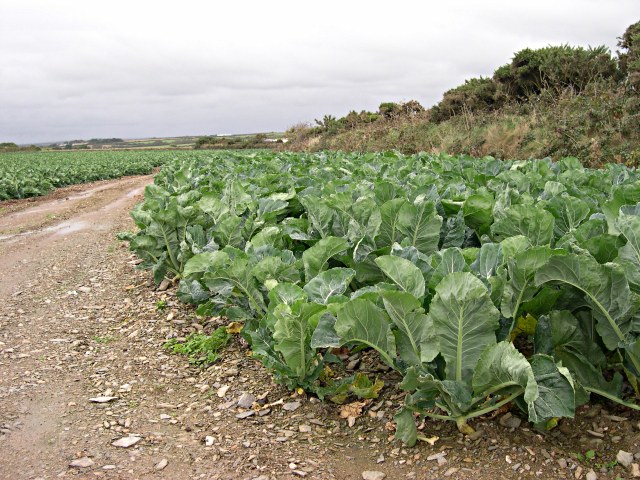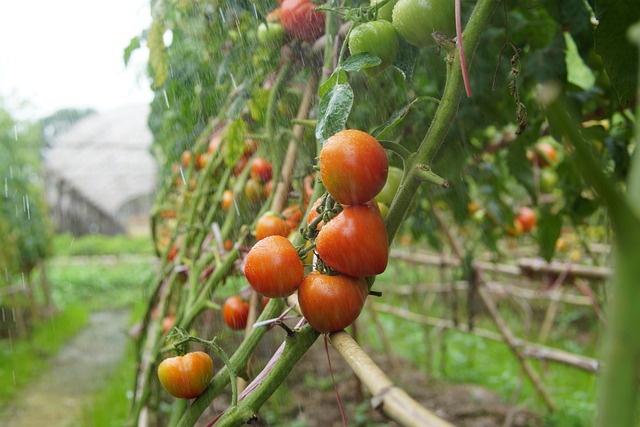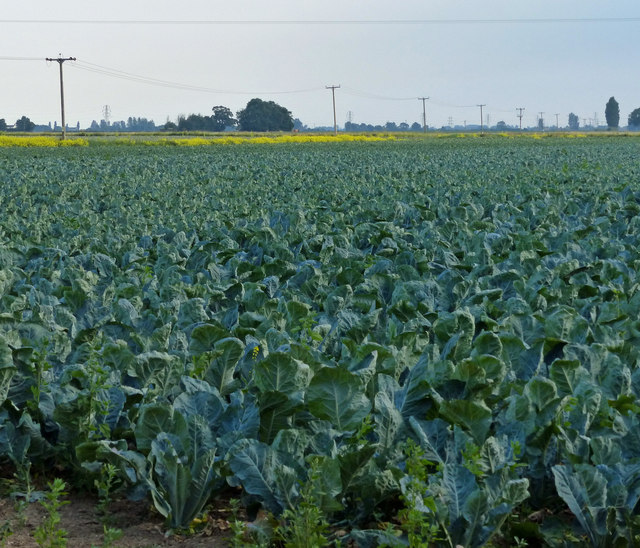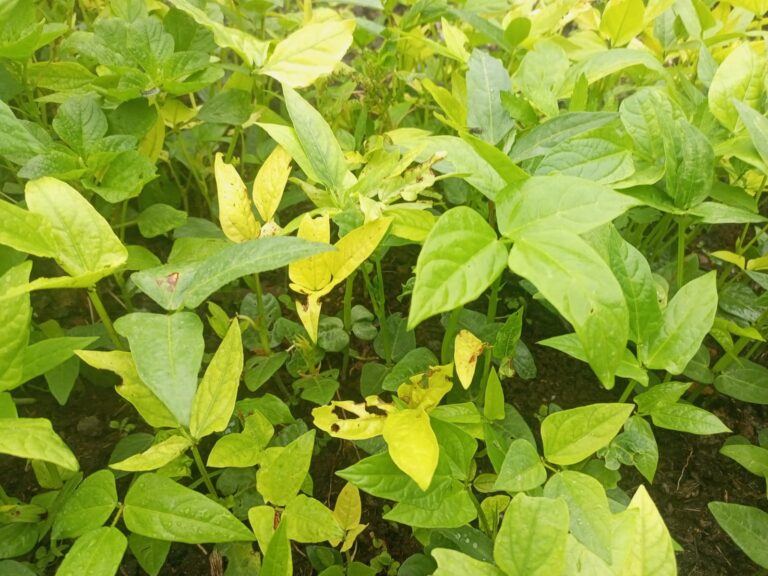How can I use organic methods to grow kale in Kenya?
Growing kale in Kenya using organic methods can be a great way to produce healthy, flavorful greens while also protecting the environment. Organic gardening is all about using natural methods to grow plants, without the use of synthetic chemicals. In this article, I will cover the key considerations for growing kale in Kenya using organic methods, including the type of soil, the best time to plant, and natural pest control methods.
Introduction: Growing kale in Kenya using organic methods can be a great way to produce healthy, flavorful greens while also protecting the environment. Organic gardening is all about using natural methods to grow plants, without the use of synthetic chemicals. In this article, we will explore how to grow kale in Kenya using organic methods.
Type of Soil: The type of soil you have in your farm or garden is one of the most important considerations when it comes to organic gardening. Organic gardening is all about working with nature, rather than against it. The soil should be well-draining, rich in organic matter, and have a pH between 6.0 and 7.0.
Best Time to Plant: The best time to plant kale in Kenya is during the cool season, typically between September to December. Kale prefers cooler temperatures, and planting during the cool season will help the plants to establish roots before the heat of the dry season.
Natural Pest Control: When it comes to pest control, organic gardening is all about using natural methods to keep pests at bay. One of the most effective natural pest control methods is companion planting. Companion planting involves planting different types of plants together to create a beneficial environment for all the plants involved. An example of this is planting kale with onions, garlic, or marigolds which are known to repel pests.
Another natural pest control method is the use of natural predators. This can include introducing ladybugs, lacewings, and other beneficial insects to your farm or garden. These insects will help to control pests without the use of synthetic chemicals.
Another effective organic pest control method for kale is the use of organic pesticides and insecticides. These are made from natural ingredients such as neem oil, garlic, and peppermint oil. These ingredients have been proven to be effective in repelling pests and controlling diseases without causing harm to the environment.
Another natural pest control method is crop rotation. This involves growing different types of crops in the same area each year. This helps to disrupt the life cycle of pests and diseases, making it more difficult for them to establish themselves in your farm or garden.
Another way to control pests organically is through the use of physical barriers such as row covers, netting, or screens. These can be used to keep pests such as birds or insects away from your kale plants.
Organic gardening also emphasizes on healthy soil and proper irrigation. Healthy soil promotes healthy plants which are less susceptible to pests and diseases. Proper irrigation also helps to keep the soil moist and reduce stress on the plants which can make them more vulnerable to pests and diseases.
It’s also a good idea to regularly check your kale plants for signs of pests or diseases. Early detection and treatment can help to prevent a full-blown infestation and keep your kale plants healthy.
Conclusion: In conclusion, growing kale in Kenya using organic methods can be a great way to produce healthy, flavorful greens while also protecting the environment. The key considerations for organic gardening include the type of soil, the best time to plant, and natural pest control methods. By working with nature and using natural methods, you can help to ensure that your kale reaches maturity as quickly as possible and produces a bountiful harvest. Not only you will have healthy greens but also you will be contributing to a sustainable environment.
